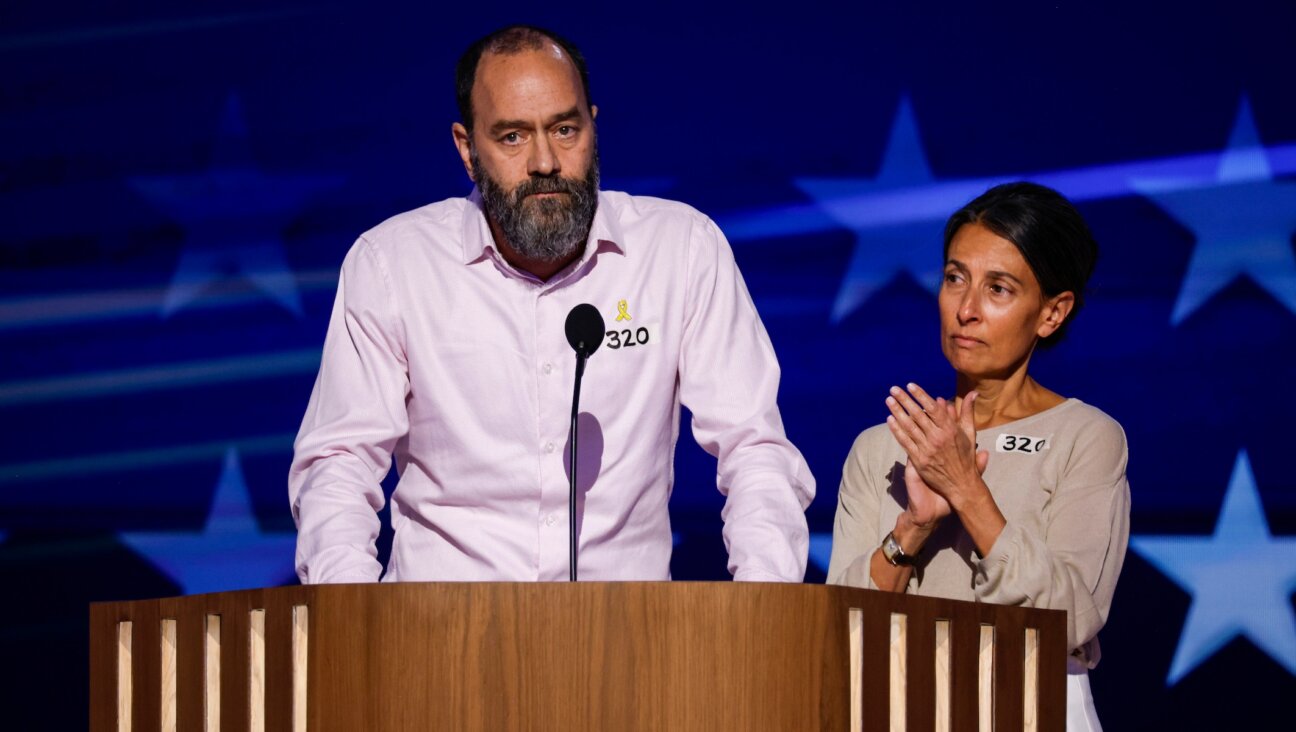Uganda Denies It Agreed To Take Israel’s Deported African Migrants

Image by Getty Images
JERUSALEM (JTA) — Uganda has denied that it agreed to a deal to accept what could amount to thousands of African migrants that will be deported from Israel.
On Thursday, the African nation’s foreign minister told the French news agency AFP that there is no agreement with Israel, despite reports the previous day that Uganda and Rwanda would take the Sudanese and Eritrean migrants who refuse to return to their countries of origin.
Israel’s Cabinet on Wednesday approved a plan and a budget to deport nearly 40,000 African migrants. Prior to Wednesday’s approval, the Population and Immigration Authority in Israel notified migrants from Sudan and Eritrea that as of Jan. 1 they must return to their own countries, or to a third nation – reported to be either Rwanda or Uganda – or be jailed until they are deported. Migrants who chose to leave by March 31 will receive a payment of $3,500 as well as free airfare and other incentives.
“Uganda is disturbed by these reports,” Foreign Minister Henry Okello Oryem told AFP. “We have no such agreement with the government of Israel to send refugees here.”
AFP quoted the Israeli group ASSAF, or Aid Organization for Refugees and Asylum Seekers, as saying thousands of African migrants deported from Israel previously have arrived in Uganda, making the country’s denial suspect.
Israel has already deported 20,000 of the some 60,000 African migrants who entered Israel prior to the construction of a barrier on its southern border with the Sinai, Prime Minister Benjamin Netanyahu said Wednesday at the Cabinet meeting.
A message from our Publisher & CEO Rachel Fishman Feddersen

I hope you appreciated this article. Before you go, I’d like to ask you to please support the Forward’s award-winning, nonprofit journalism so that we can be prepared for whatever news 2025 brings.
At a time when other newsrooms are closing or cutting back, the Forward has removed its paywall and invested additional resources to report on the ground from Israel and around the U.S. on the impact of the war, rising antisemitism and polarized discourse.
Readers like you make it all possible. Support our work by becoming a Forward Member and connect with our journalism and your community.
— Rachel Fishman Feddersen, Publisher and CEO





















